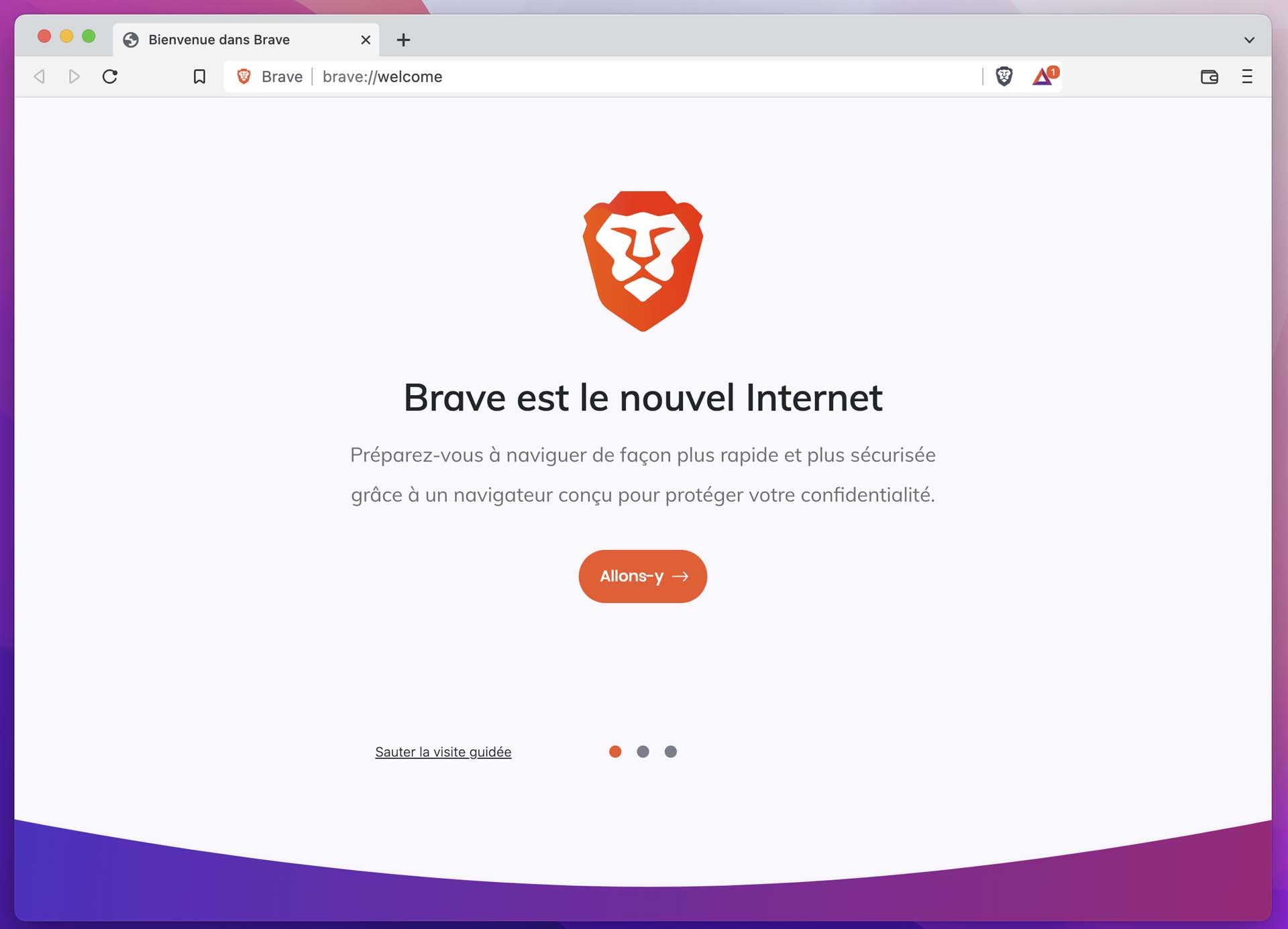History
Founding and Early Development (2015–2016)
Brave Software, Inc. was founded in 2015 by Brendan Eich, the creator of JavaScript and former CEO of Mozilla, and Brian Bondy, a former Mozilla developer. The company introduced the Brave browser in 2016, positioning it as a privacy-centric alternative that blocks ads and trackers by default. Early plans included replacing website ads with Brave's own privacy-preserving advertisements. (en.wikipedia.org)
Acquisitions and Transitions (2016–2018)
In 2016, Brave Software acquired Link Bubble, an Android browser that preloaded websites in floating bubbles. This acquisition led to the rebranding of Link Bubble into the Brave browser. However, due to interface challenges and limitations with Android's WebView engine, Brave reverted to a conventional tabbed browser in 2017. (en.wikipedia.org)
In 2017, Brave introduced the Basic Attention Token (BAT), an Ethereum-based cryptocurrency intended to facilitate direct payments between users and content creators. The project raised approximately $35 million through an initial coin offering and was integrated into the Brave Rewards system in 2018. (en.wikipedia.org)
Initially built using a fork of Electron called Muon, Brave transitioned to the Chromium codebase in October 2018 to reduce maintenance burdens and improve performance. This change resulted in a 22% performance improvement over earlier versions. (en.wikipedia.org)
Expansion and Controversies (2019–Present)
Brave released version 1.0 across all platforms in 2019, marking its readiness for mass adoption. The release included the Brave Ads system and a partnership with Uphold, allowing users to exchange BAT tokens for fiat currency. (en.wikipedia.org)
In 2020, Brave introduced Brave Today, a privacy-preserving news feed integrated into the browser's new tab page. However, the company faced criticism for appending affiliate referral codes to certain cryptocurrency exchange URLs without user consent. CEO Brendan Eich acknowledged the mistake and committed to making such advertising opt-in. (en.wikipedia.org)
In March 2021, Brave Software acquired Tailcat, a search engine developed by the team behind the privacy-focused browser extension Ghostery. Tailcat was rebranded as Brave Search and became the default search engine on new installations in October 2021. (en.wikipedia.org)
In 2023, Brave launched Brave Leo, a privacy-preserving large-language model that powers AI features within the browser, such as summarizing web pages and answering user queries. (en.wikipedia.org)
Features
Privacy and Security
Brave's core features focus on enhancing user privacy and security:
- –
Brave Shields: Blocks ads, trackers, and various online threats by default, providing protection against browser fingerprinting, cross-site cookies, and phishing attempts. (
brave.com)
- –
Private Browsing with Tor: Integrates the Tor network into its private browsing mode, offering increased anonymity when accessing websites. (
en.wikipedia.org)
- –
Brave Search: A privacy-focused search engine that does not track user queries or behavior, serving as an alternative to mainstream search engines. (
en.wikipedia.org)
Performance
Brave claims faster page loading times compared to other browsers due to its ad and tracker blocking capabilities. Independent tests have shown that Brave uses up to 66% less memory and 35% less battery compared to other browsers. (groovypost.com)
Brave Rewards and BAT Token
Brave Rewards allows users to earn BAT tokens by opting to view privacy-respecting ads. Users can then use these tokens to support content creators directly. (geeksforgeeks.org)
Brave Leo
Brave Leo is an AI assistant integrated into the browser, capable of summarizing web pages, PDFs, and videos, and answering user queries. It utilizes large language models such as LLaMA 2 from Meta Platforms and Claude from Anthropic. (en.wikipedia.org)
Reception
Privacy
Brave has been praised for its robust privacy features, including built-in ad blocking and protections against tracking techniques. Independent tests have generally supported Brave's privacy claims. (en.wikipedia.org)
However, the browser has faced criticism for appending affiliate referral codes to certain URLs without user consent. The company addressed this issue by making such advertising opt-in. (en.wikipedia.org)
Revenue Model
Brave's revenue model, which involves replacing website ads with its own privacy-preserving advertisements, has been met with concern by web publishers. Additionally, the Brave Rewards system faced criticism when users were able to tip content creators who had not signed up for the program, leading to updates that returned unclaimed tips and correctly displayed publisher verification status. (en.wikipedia.org)
AI Development
In 2023, concerns were raised about Brave potentially using copyrighted website data to train its Brave Leo AI models without explicit permission from content creators. The company responded by stating it respects robots.txt directives and offers opt-out mechanisms for publishers. (en.wikipedia.org)
